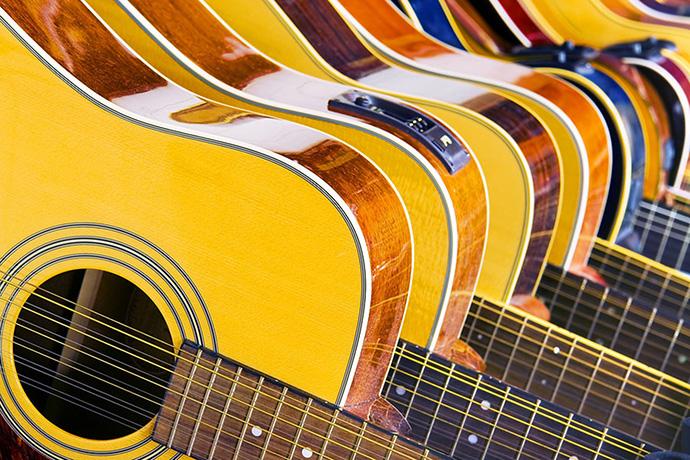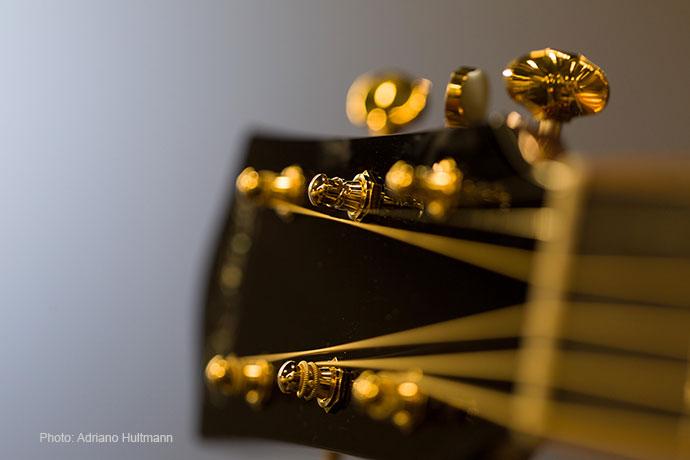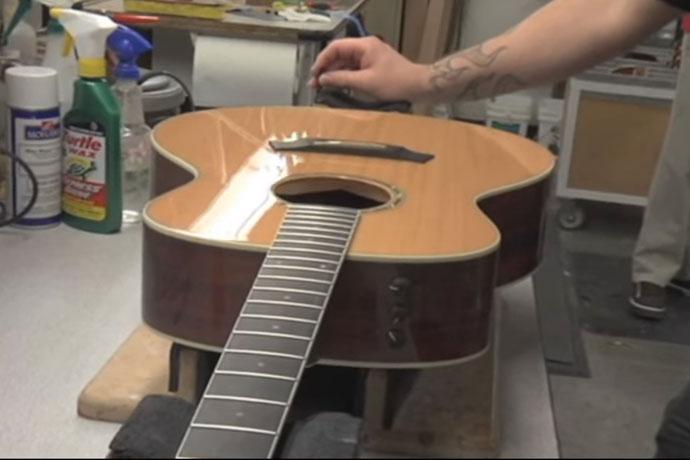Why String Gauge Matters
Technique: Acoustic Guitar Set-Up
The string gauge used on an acoustic guitar makes a huge contribution not only to how the guitar feels but how it sounds and how it responds to changes in tuning etc. So it's a really important consideration. If you always buy the same string gauge out of habit, it's worth taking some time to think about whether they're really the best option for you.
The styles of music you play, whether you use a pick or play fingerstyle, whether you're recording or playing live and the scale length of the guitar are all important aspects to consider when choosing a string gauge to make sure your instrument sounds and feels as good as it should.
With so much choice in terms of string gauges, it can be confusing to try and work out what might suit you best. So to help you through the maze, Elixir® Strings artist Michael Watts undertook a mammoth re-stringing, recording and filming project to explore the differences that changing string gauge can make. He works through the range of gauges in a variety of playing styles and offers his illuminating thoughts to help you make the best choice for your own guitar.
Skill Level: Skill Level: Beginner to Intermediate Acoustic Guitar
I am very lucky to play instruments made by the world's finest guitar builders and I insist on Elixir Strings every time.Michael Watts
Strings Played
Acoustic Phosphor Bronze with NANOWEB® Coating, Light Gauge
Acoustic 80/20 Bronze with NANOWEB® Coating, Light Gauge



